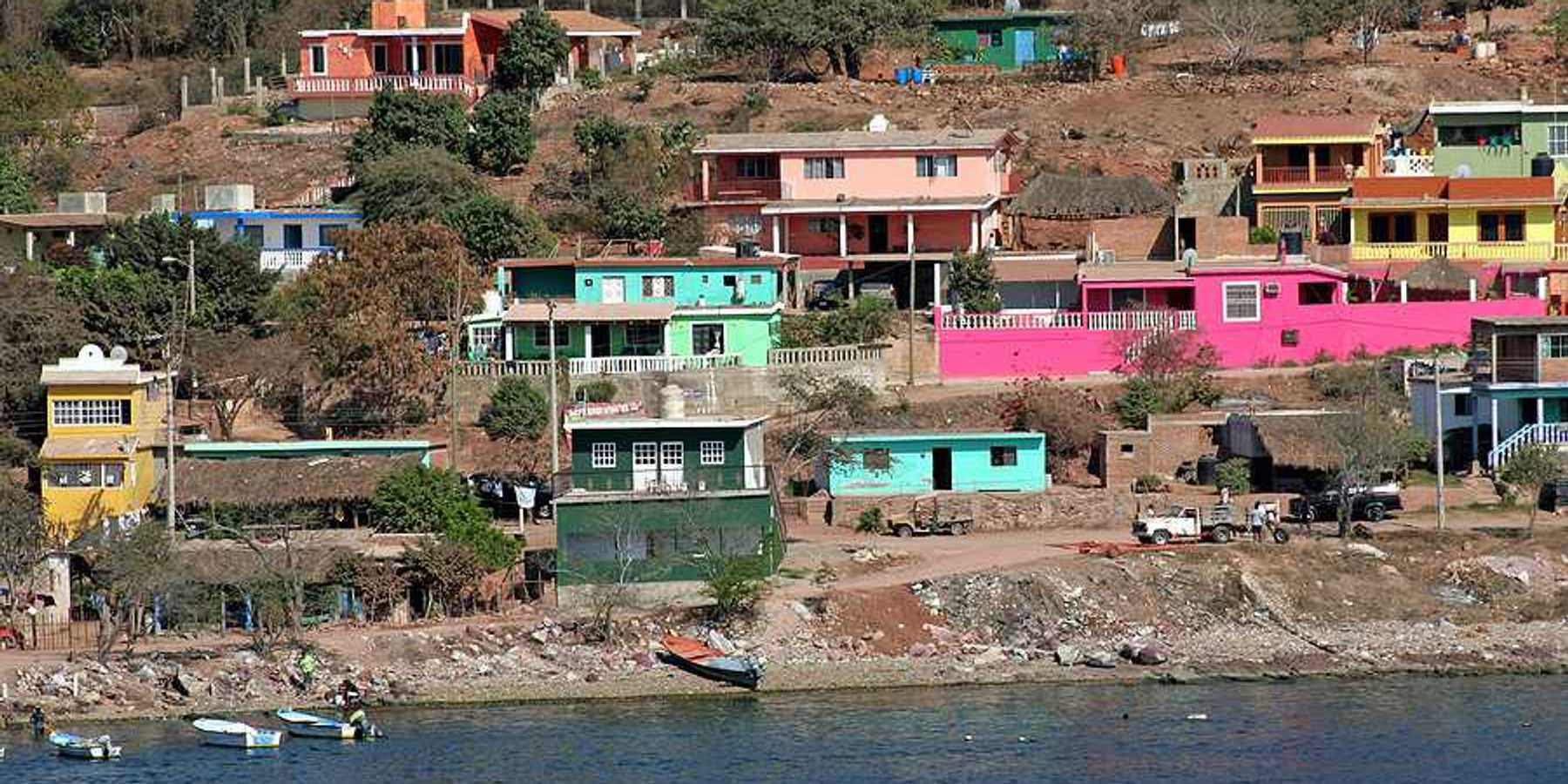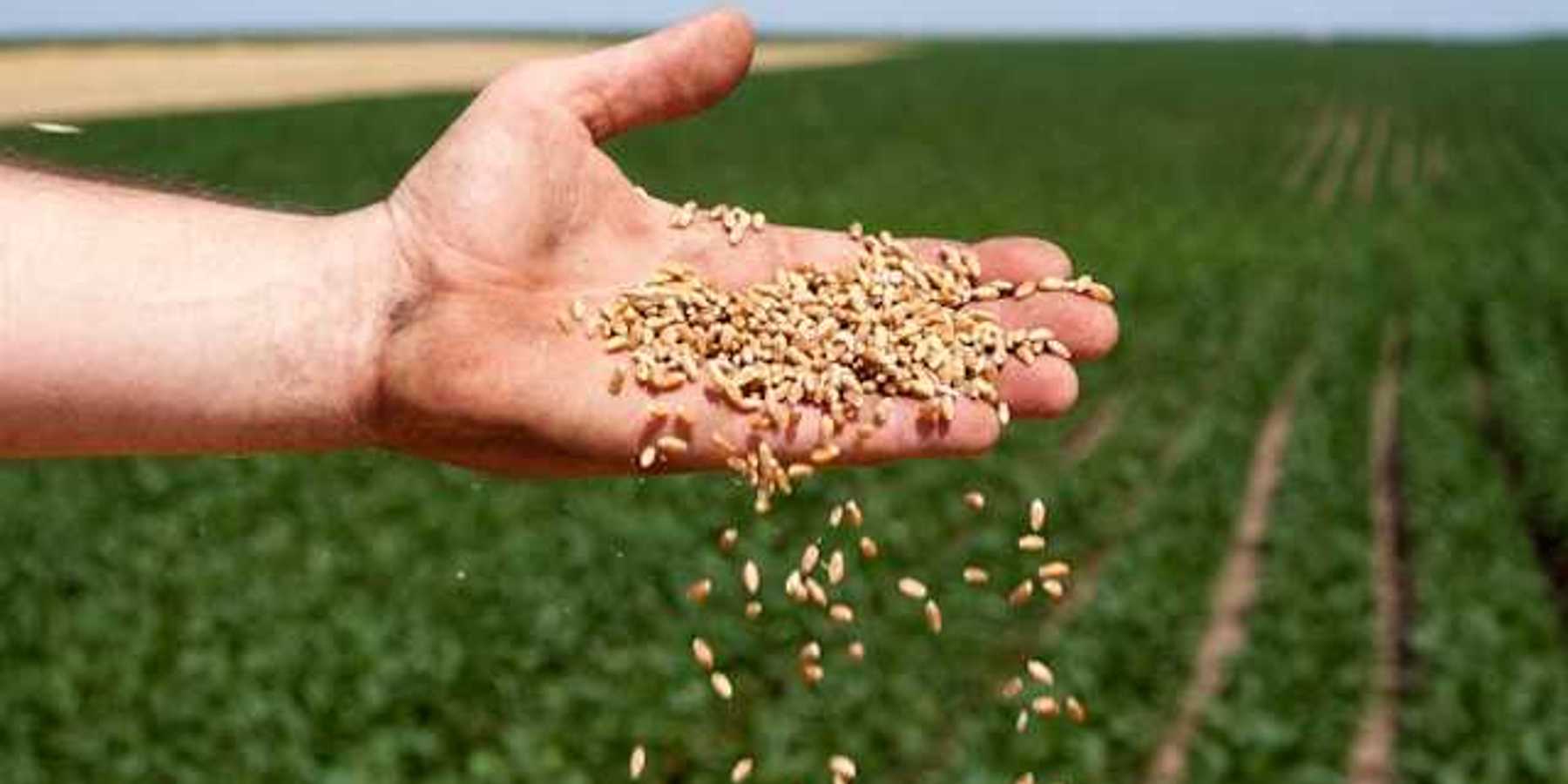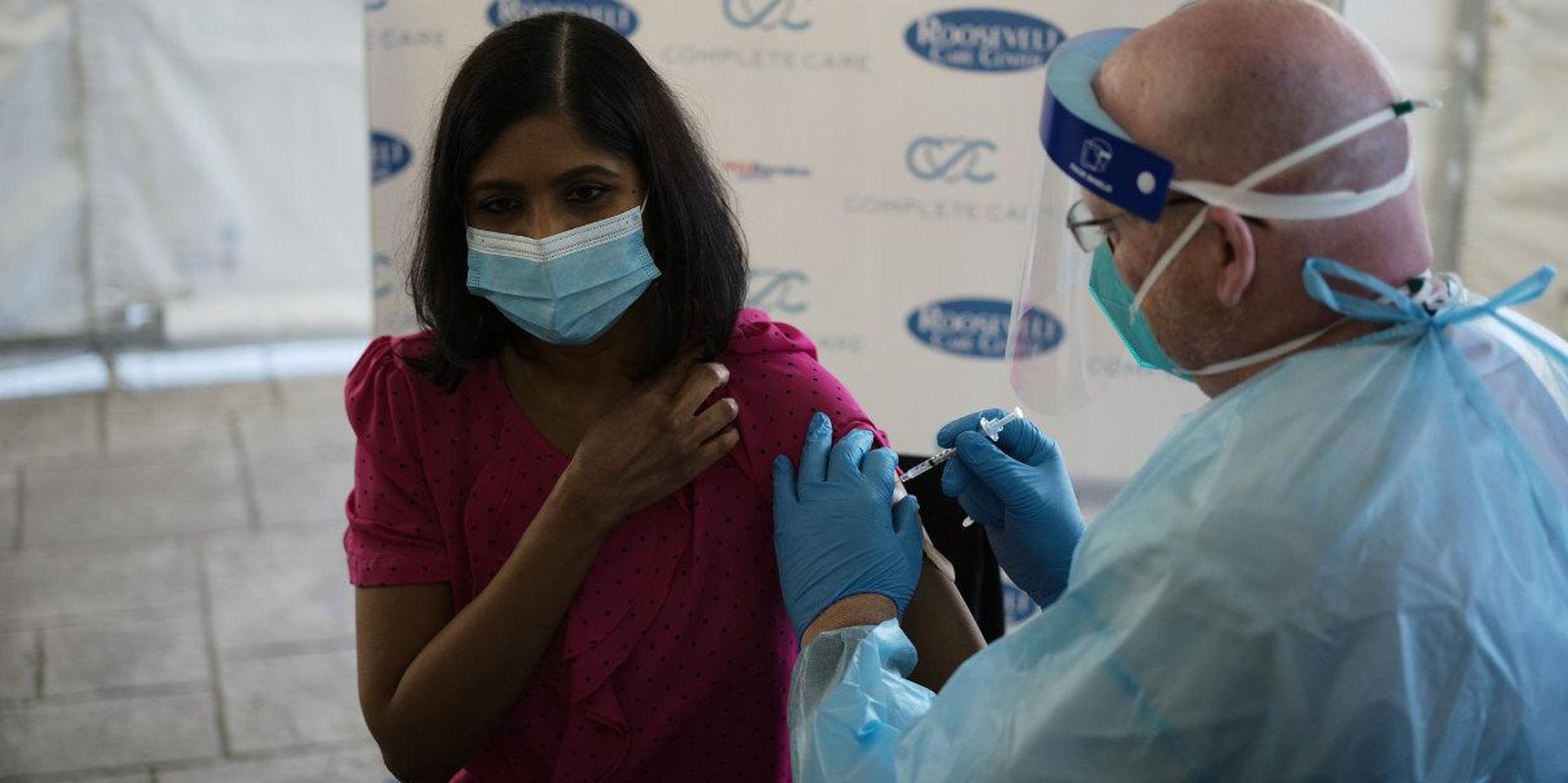
Op-ed: The tempting but false COVID-19, climate analogy
There is no vaccine to guide us out of the climate crisis. But solutions exist and, much like COVID-19 vaccines, the real challenge is in delivery.
As we gradually work our way out of the pandemic with the development and distribution of vaccines, what does our evolving success tell us about the possibilities of resolving the climate change crisis?
Has this crisis been a warm-up on what to do—and not do—in the face of a global climate emergency? The answer is both yes and no.
Yes, because humans have many tools at their disposal to solve complex tests. But no, because the challenges and the menu of solutions are quite different between these two existential challenges.
It even might be dangerous to boost this tempting analogy. Equating the two, given what we know now about defeating COVID-19, might encourage the idea of easy technological solutions. If we go down that path, we diminish our chances of realistically grappling with climate's complexity. Belief in technological fixes, particularly silver bullets, might dissipate the energy we need to get to work and avoids the breadth of the challenge ahead.
Paths forward exist
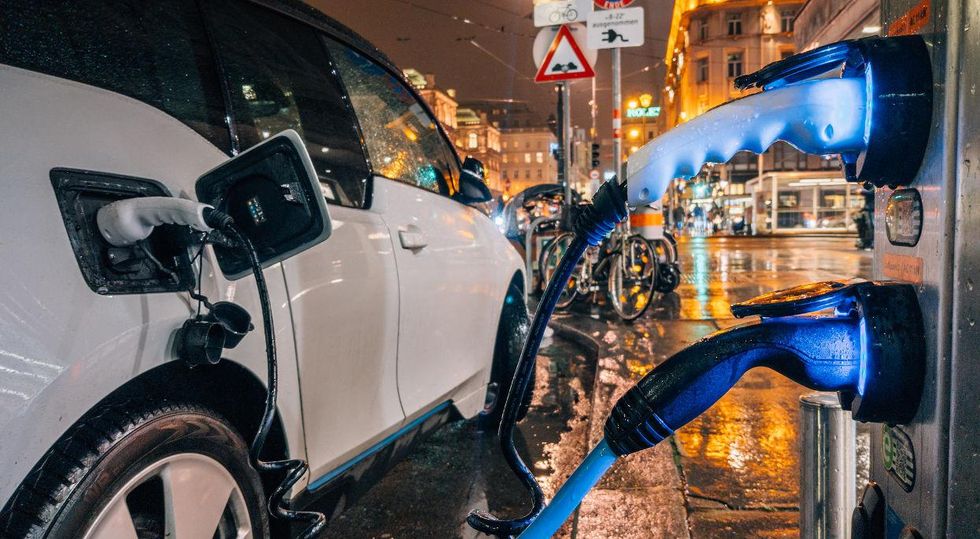
Car parked at an electric car charger. (Credit: Ivan Radic/flickr)
As dramatic and devastating as it is, COVID-19 involves one virus (now mutating) that is causing illness and death. The solution is the vaccine. Fortunately, researchers were exploring vaccine methods in the aftermath of the 2003 SARS pandemic that proved fruitful for COVID-19.
The analogue to the almost two decades of work including pre-clinical animal testing that laid the foundation for the vaccine in record time is that we've known for a long time what is needed to stop the discharge of greenhouse gases into the atmosphere and how to adapt.
There have been multiple fully coherent plans to decarbonize the economy. Significant research has been underway for decades identifying and, to some extent, implementing a wide variety of technologies, some as substitutes for fossil fuels, and others that reduce our reliance on energy or make it go farther. We've gathered experience with a variety of regulatory programs including regional systems of emissions trading and the various painfully developed regulations that would nudge and guide society toward more efficient cars, appliances, and power-generation. Despite attacks on these by the Trump Administration, they remain achievable options and the launching point for more.
There is also a broad base of support for acting on this threat from important actors in society who have come to understand how climate change destabilizes their work. Multiple corporations have expressed support for decarbonization. Military leaders have accepted climate change as a threat multiplier that makes their jobs much more difficult.
And there is no lack of planning for the inevitable damage from the changes already taking place. Cities and states have been busy for some time thinking about water level rise and weather-related disaster preparation.
In some ways, all this work is similarly off-the-shelf as was the virus research into the spike protein. It puts residents of planet Earth ready to move forward toward making their existence here safer.
Delivering solutions
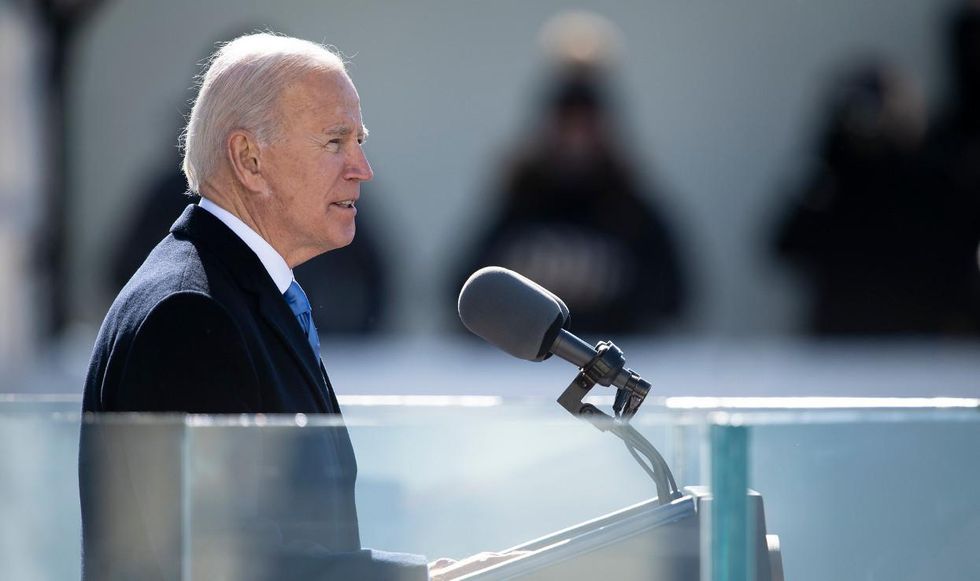
President Joe Biden has made addressing climate change a key priority. (Credit: Chairman of the Joint Chiefs of Staff)
But the better analogy, and warning sign, if there is one, is not to the development of the vaccine but to its delivery. Delivery of a vaccine requires infrastructure, commitment, funding of multiple actors and coordination at many levels of society. It requires a federal government committed to action, not just wishful thinking. The early hitches in delivery laid bare many of the inequities that allow well-to-do people with access to computers, the internet, and other resources to be vaccinated while poorer people have difficulty even getting into line.
If we look at addressing the climate challenge as an all-of-government job; if we commit the funding and the political will; if we don't kid ourselves with delusions of quick fixes, and if business walks the walk, and doesn't just talk, we have a chance.
There is no way to make up lost time; the four years of Trump denial built dangerously on the period before that where Congress never acted. The Arctic is melting and the Antarctic is in danger – just one example but a very big one for current and future weather, and, in turn, for our ability to provide for ourselves. Even if we were completely to stop using fossil fuels today, the loading process in the atmosphere makes it very unlikely we can reverse warming trends very soon.
The COVID-19 experience is a guide, a useful one, but not a template. Just because answers are available, indeed well-known and vetted, doesn't mean they are easily adopted or applied. The test for the Biden Administration, as it is for COVID-19, is finding the commitments among winners and unhappy losers to put the stuff on the shelf to work.
Ruth Greenspan Bell is a Public Policy Scholar at Woodrow Wilson International Center for Scholars and a founder of The Environmental Protection Network.
Banner photo: Staff from a long-term care facility in New Jersey receive a COVID-19 vaccine. (Credit: Phil Murphy/flickr)


